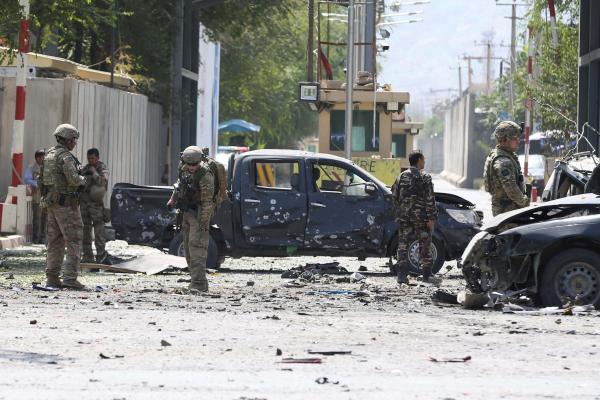Sep 9, 2019
As the U.S. grows closer to a peace deal with the Taliban and prepares to withdraw 5,000 troops from Afghanistan, experts remind us that until the civilian death toll stops, peace on the ground remains a dream.
Read the Full Article

Already a subscriber? Login
